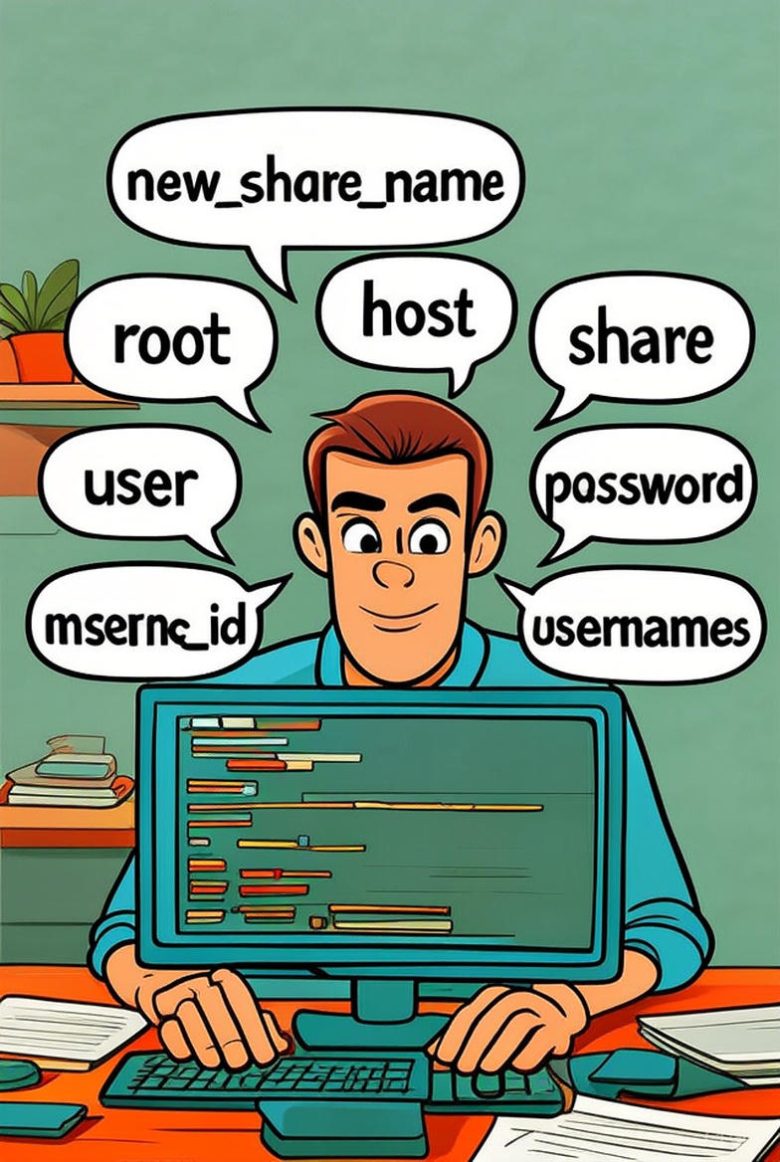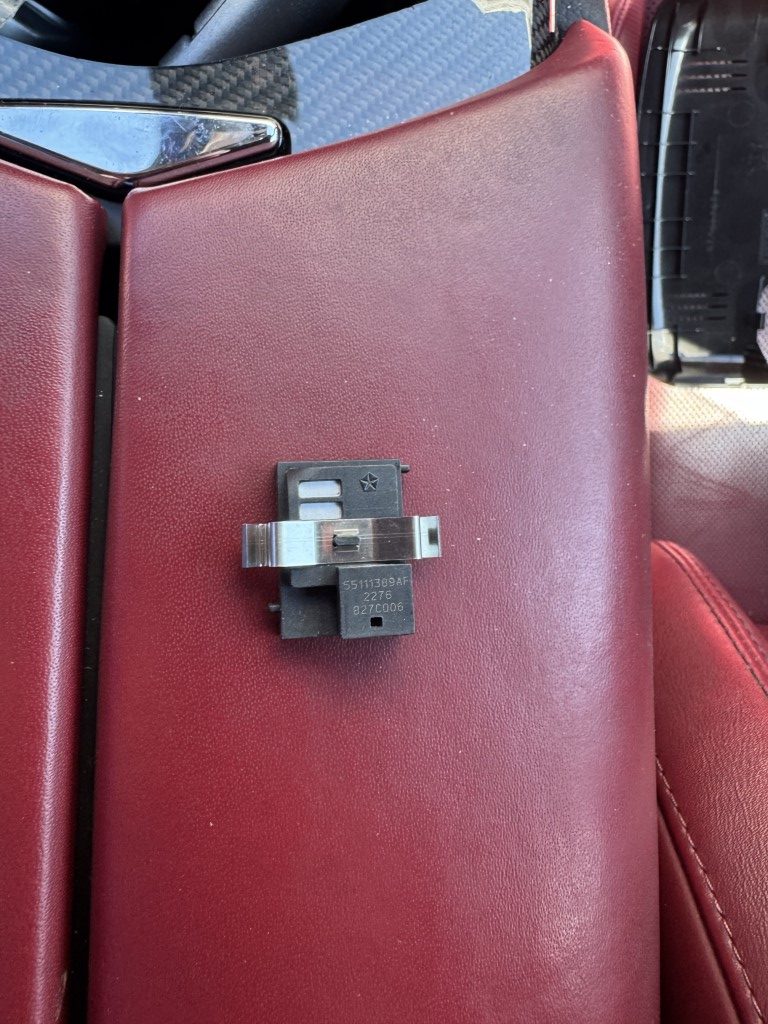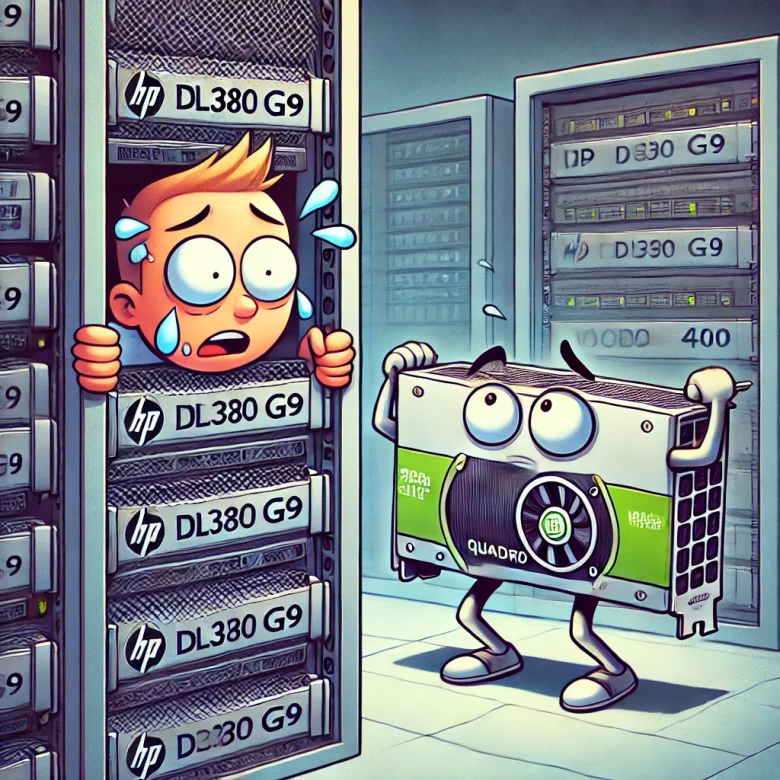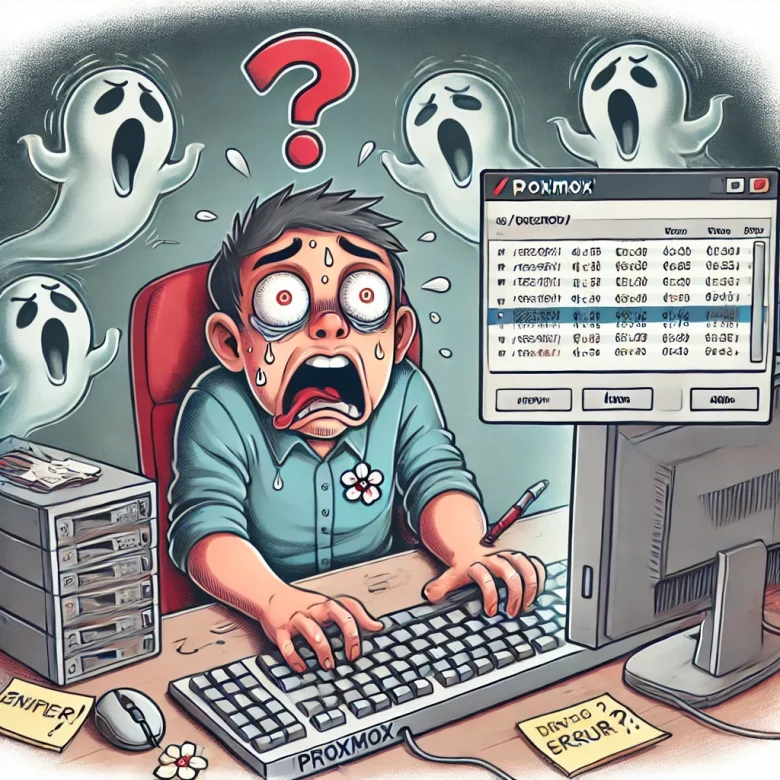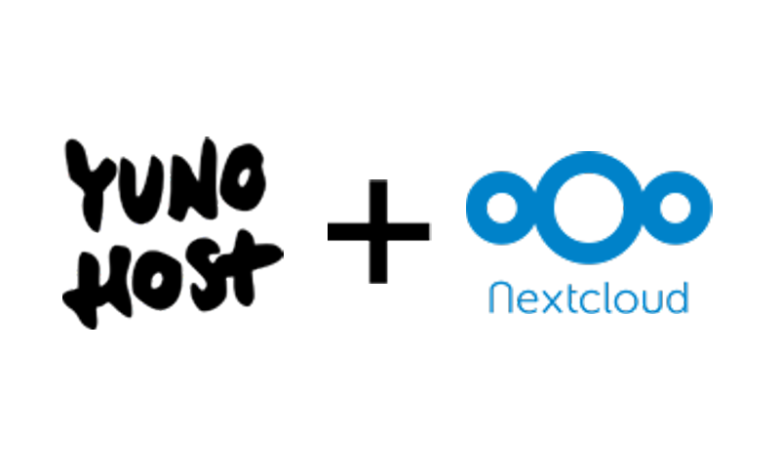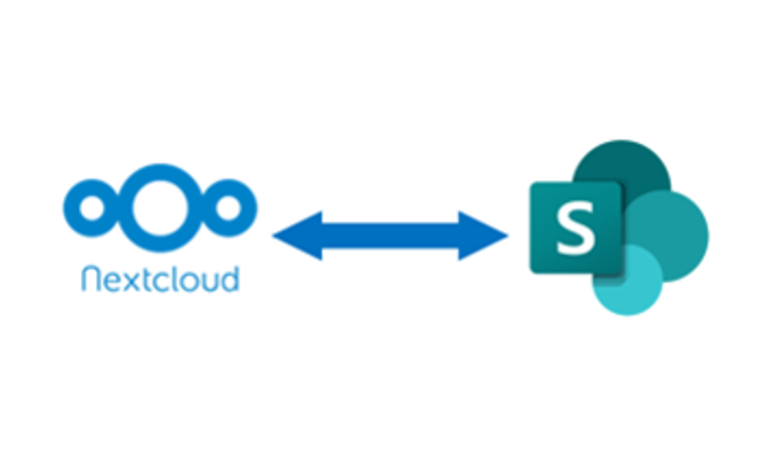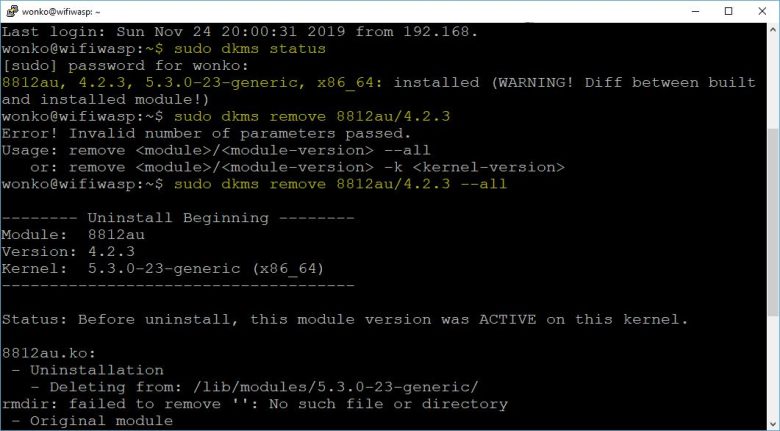Nextcloud’s SMB password field has a nasty habit of rejecting perfectly valid credentials the moment you click ‘verify’. After hours of hair-pulling, I discovered the fix is blissfully simple: skip the broken GUI entirely and add the share directly with OCC commands.
Five lines in the terminal later, your share mounts perfectly, users get access, and you can get on with your life. No tickets, no forum threads, no sacrificing a goat to the SMB gods required.
When I first got my Maserati, it came with two diagnostic trouble codes. One of them was P100900: Humidity Sensor Module. This code doesn’t trigger a check engine light and is invisible to most generic scanning tools. I only discovered it after using the FOXWELL NT510 Elite, a bi-directional scanner that outperforms my other diagnostic …
I recently faced what can only be described as a hard drive nightmare with my Proxmox server, which runs on an HP DL380 server with 12 SAS drives on the front and three bays on the back. The main array was humming along just fine, but the three 16TB drives I added to the back? …
Consolidating for Convenience and Algorithm Hell I realize this information is available elsewhere, but by consolidating and reposting it here, I hope it helps both with search algorithms and for anyone facing similar issues. Plus, it saves me the trouble of tracking down the original sources when the problem inevitably crops up again. So yes, …
Recently, I encountered a heart-stopping issue with my Proxmox server. I had been tinkering with disk partitions, trying to get a couple of drives recognized for backups. After a reboot, things went from bad to worse: my server booted up, but the Proxmox GUI was gone, and none of my VMs were running. Panic mode …
I have been using Yunohost as a manager for much of my personal web for several years now, and within that I have my Nextcloud instance. I have really liked it, but there are a few caveats that one needs to take into account when going this route. First, updates are at the pace determined …
I have been looking for days trying to solve an issue with connecting my NextCloud instance with a SharePoint instance. The problem is, while there is a module, there is very little documentation, and it doesn’t even tell you how to format the information in the blocks. Right now I am focused on dealing with …
To remove DKMS drivers in Linux, start by checking installed drivers with $ dkms status. This lists drivers like 8812au, 4.2.3, 5.3.0-23-generic, x86_64: installed. Note the driver name (e.g., 8812au) and version (e.g., 4.2.3). Then, run $ sudo dkms remove 8812au/4.2.3 –all to uninstall. Confirm removal with $ dkms status before installing new drivers. This process simplifies driver management, especially for WiFi hacking.

